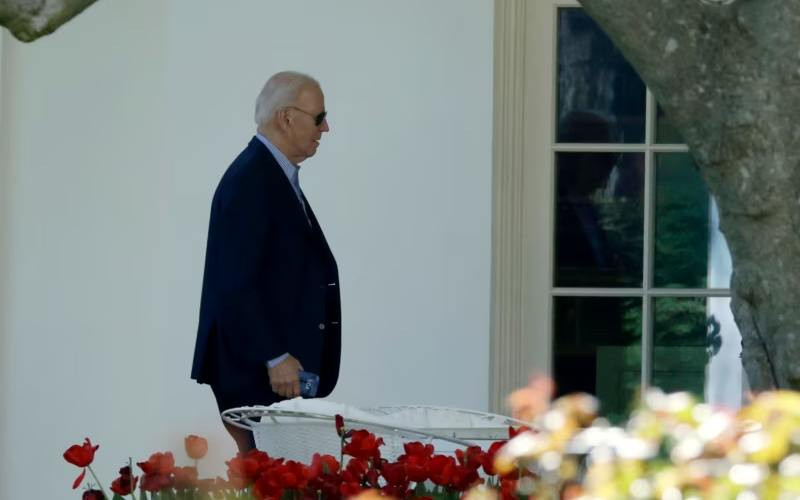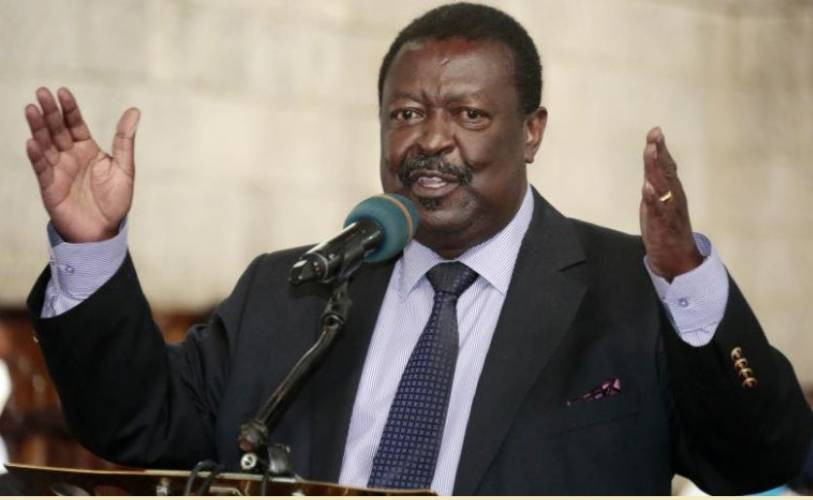Euro zone business growth was weaker than expected this month and factory activity in Asia's top two economies remained stuck in low gear, putting the onus squarely on the United States to drive a pick-up in global growth.
An absence of inflation pressures suggested Asian authorities could inject more stimulus if needed, while growth in the troubled currency union weakened just two months after the European Central Bank launched a 1-trillion-euro stimulus programme.
Meanwhile, the U.S. Federal Reserve has all but put to bed speculation it would tighten policy in June as the world's biggest economy barely grew at the start of the year.
"The May (Purchasing Managers' Index) surveys were broadly disappointing although nothing terribly bad," said Richard Kelly, head of global strategy at TD Securities.
"There is no question the ECB is going to continue with quantitative easing up until September 2016. China is just starting the amount of additional liquidity and stimulus that will be needed to safely rebalance the economy."
Markit's Composite Flash PMI for the euro zone, based on surveys of thousands of companies and seen as a good growth indicator, fell to 53.4 from 53.9, missing the 53.8 predicted in a Reuters poll.
May marks the 23rd month above the 50 level that separates growth from contraction and Markit said the PMI pointed to 0.4 percent economic growth in the current quarter, matching the prediction in a Reuters poll this week. [ECILT/EU]
Demand from abroad for the bloc's goods soared to a 13-month high as customers took advantage of a weaker euro making the products cheaper, prompting firms to recruit at the fastest rate in four years.
However, as in every month since late 2011, service firms cut their prices again, albeit only slightly. Euro zone prices were flat year-on-year in April, ending four months of falls, inflation data showed this week.
World shares hovered near all-time highs on Thursday after downbeat Chinese data but European markets opened largely subdued after the disappointing European numbers. [MKTS/GLOB]
The U.S. flash PMI, due later on Thursday, is expected to show a rise to 54.5 from 54.1, according to a Reuters poll.
CRACKS IN CHINA
Annabel Fiddes, an economist at Markit, said relatively strong deflationary pressures in China should leave plenty of scope for authorities there to implement further stimulus measures.
Beijing has already cut interest rates three times in six months and economists believe it will have to ease further as economic growth threatens to slow below the 7-percent pace of the first quarter.
Chinese activity contracted for a third straight month as domestic and export orders shrank, adding to views Beijing will have to roll out its most aggressive stimulus measures since the global financial crisis to avert a sharper slowdown.
Stay informed. Subscribe to our newsletter
"The subdued flash PMI print suggests there is no clear sign of near-term stabilisation in (China's) economy. Risks to the outlook remain to the downside," Barclays economist Shengzu Wang said.
The flash HSBC/Markit PMI fell to 49.1 in May, weaker than an expected 49.3 and marking the fifth contraction in activity in six months.
Analysts at Nomura saw China's growth slowing to 6.6 percent year-on-year in the second quarter, before edging up to 6.8 percent in the second half of the year.
"To offset the headwinds from deep-seated structural challenges, we maintain our call of further monetary easing with two more 50-basis-point (bps) cuts to banks' reserve requirement ratio and two more 25 bp policy interest rates cuts over the rest of this year," they said.
Japan's economy expanded in January-March at the fastest pace in a year but much of that growth came from inventories as goods piled up on factory floors, and private consumption, housing investment and exports all rose but at a feeble pace.
Still, subdued input and output prices suggested inflation remained stubbornly low, adding to expectations the Bank of Japan will expand its already massive monetary stimulus programme later this year.
 The Standard Group Plc is a
multi-media organization with investments in media platforms spanning newspaper
print operations, television, radio broadcasting, digital and online services. The
Standard Group is recognized as a leading multi-media house in Kenya with a key
influence in matters of national and international interest.
The Standard Group Plc is a
multi-media organization with investments in media platforms spanning newspaper
print operations, television, radio broadcasting, digital and online services. The
Standard Group is recognized as a leading multi-media house in Kenya with a key
influence in matters of national and international interest.
 The Standard Group Plc is a
multi-media organization with investments in media platforms spanning newspaper
print operations, television, radio broadcasting, digital and online services. The
Standard Group is recognized as a leading multi-media house in Kenya with a key
influence in matters of national and international interest.
The Standard Group Plc is a
multi-media organization with investments in media platforms spanning newspaper
print operations, television, radio broadcasting, digital and online services. The
Standard Group is recognized as a leading multi-media house in Kenya with a key
influence in matters of national and international interest.








